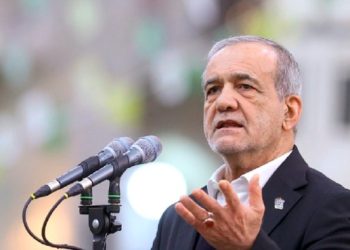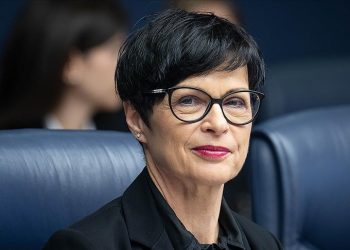The European Central Bank’s (ECB) Chief Economist, Philip Lane, has cautioned against keeping monetary policy restrictive for an extended period, warning that such measures could push inflation below the target level of 2%. Lane’s remarks come amid growing concerns about weak growth and the possibility of a recession in the Eurozone.
Speaking to French newspaper Les Echos, Lane highlighted the need to ensure that inflation stabilizes sustainably at the 2% target, but also noted the risks of excessive restrictions on monetary policy. He stated:
“If policy remains too restrictive for too long, it risks driving inflation below target, which would not be ideal for the economy.”
The Current Inflation Scenario
Eurozone inflation has seen a sharp decline in recent months, and policymakers are debating whether the pace of interest rate cuts is sufficient. After three consecutive rate cuts this year, the ECB is expected to announce another 50-basis-point reduction at its December 12 meeting. These steps aim to mitigate weak growth and reduce the risks of a prolonged recession.
While energy costs have fallen, Lane pointed out that service sector inflation remains high, posing a significant barrier to achieving the desired inflation target. He emphasized the need for a balanced reduction in service prices to ensure a sustainable path toward the 2% goal.
Inflation Projections
According to recent estimates, Eurozone inflation is projected to rise temporarily to 2.4% in November, before stabilizing at around 2% by mid-2025. This forecast aligns with the ECB’s commitment to maintaining price stability while fostering economic growth.
ECB’s Balancing Act
Lane’s comments underscore the delicate balance the ECB must strike between supporting economic growth and curbing inflation. Prolonged restrictive monetary policies could stifle growth and risk deflationary pressures, making it essential to carefully monitor economic indicators.
As the ECB navigates these challenges, its policies will remain under close scrutiny from market observers and policymakers worldwide.



































